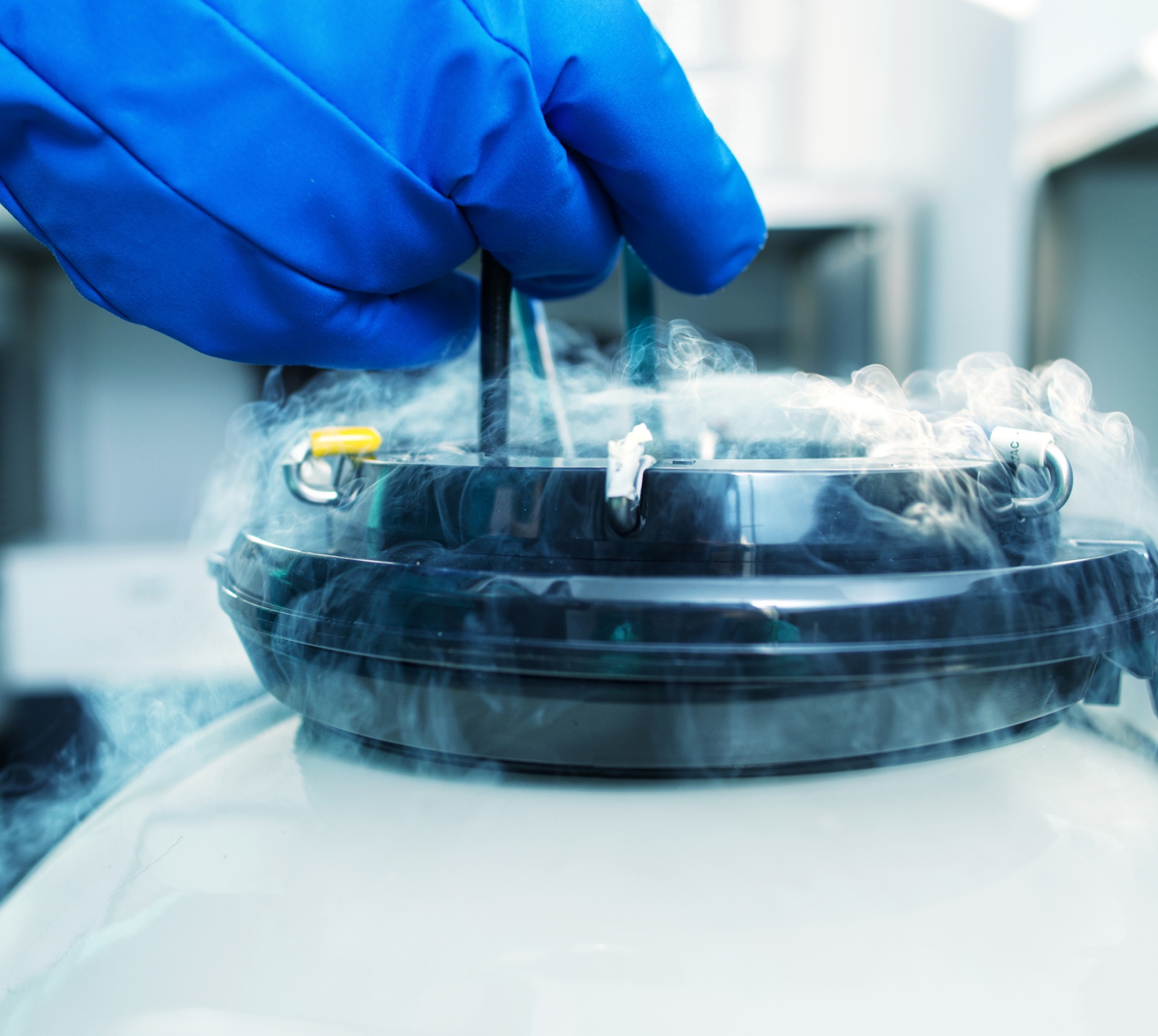When Should You Freeze Your Eggs?
If you’re thinking about starting a family but aren’t quite ready yet, you’re not alone. Many women today are choosing to wait for various reasons. Thanks to advancements in egg freezing technology, you now have more options and can start your family when the time is right for you. Egg freezing can be a crucial step for those who want to preserve their fertility for future family planning. Whether you’re focusing on your career, haven’t met the right partner yet, or simply want to have options down the road, understanding when to freeze your eggs is essential.
What is Frozen Embryo Transfer (FET)?
Frozen Embryo Transfer (FET) is a highly effective fertility treatment in San Diego, offering individuals and couples the opportunity to achieve their dreams of parenthood with flexibility and precision. This process involves thawing a previously cryopreserved embryo and transferring it into the uterus to establish a pregnancy. As a key component of IVF treatment in San Diego, FET is an essential part of modern assisted reproductive technology (ART), empowering patients to grow their families on their terms.

Benefits of FET:
✔ Higher Success Rates – Advances in IVF success rates in San Diego, such as vitrification (a rapid freezing process), have significantly improved embryo survival and live birth rates.
✔ Flexibility – FET allows you to schedule your embryo transfer at the optimal time for your health and personal timeline.
✔ Cost Savings – By freezing embryos in San Diego during an initial cycle, patients can avoid multiple egg retrievals, reducing overall treatment costs.
Let’s Take the Next Step Together
Our skilled fertility specialists are here to help. Contact us today and let’s discuss the next phase of your fertility journey.
